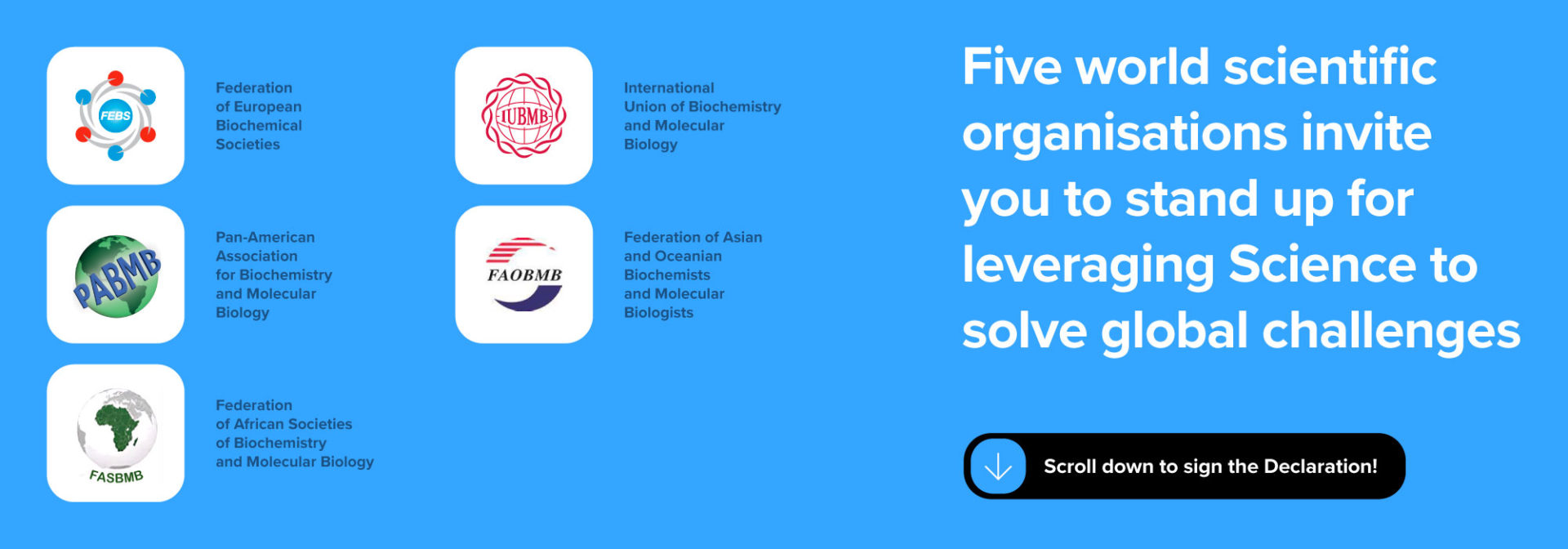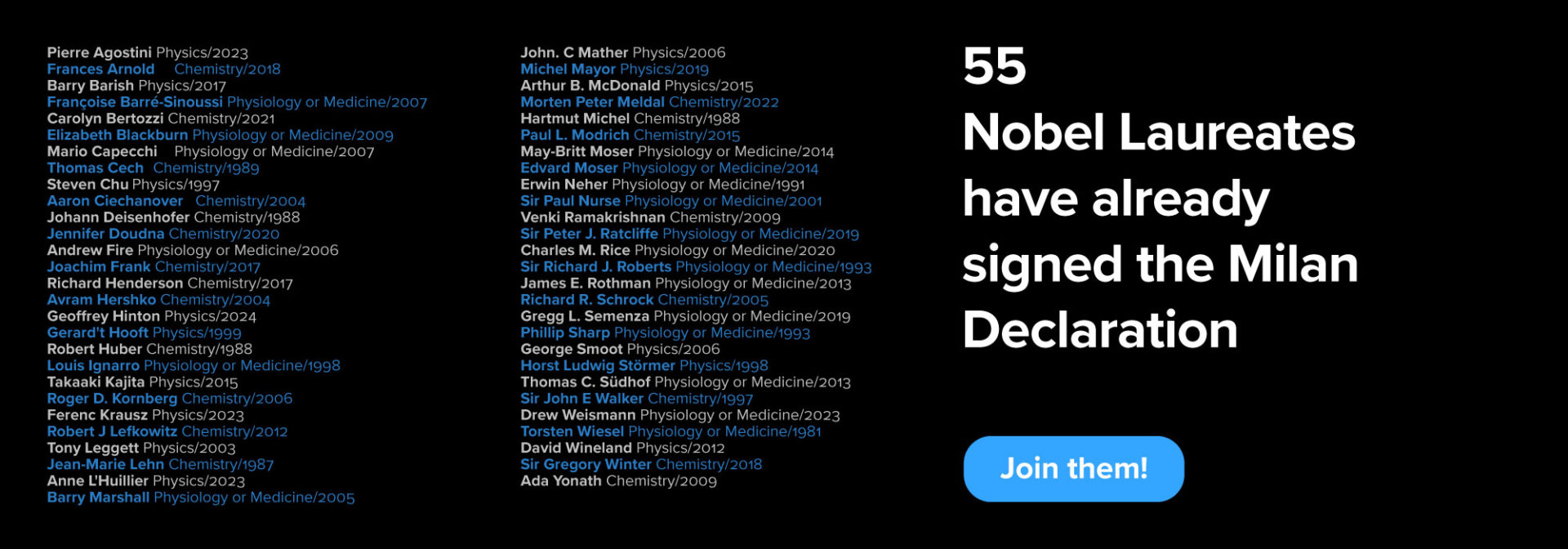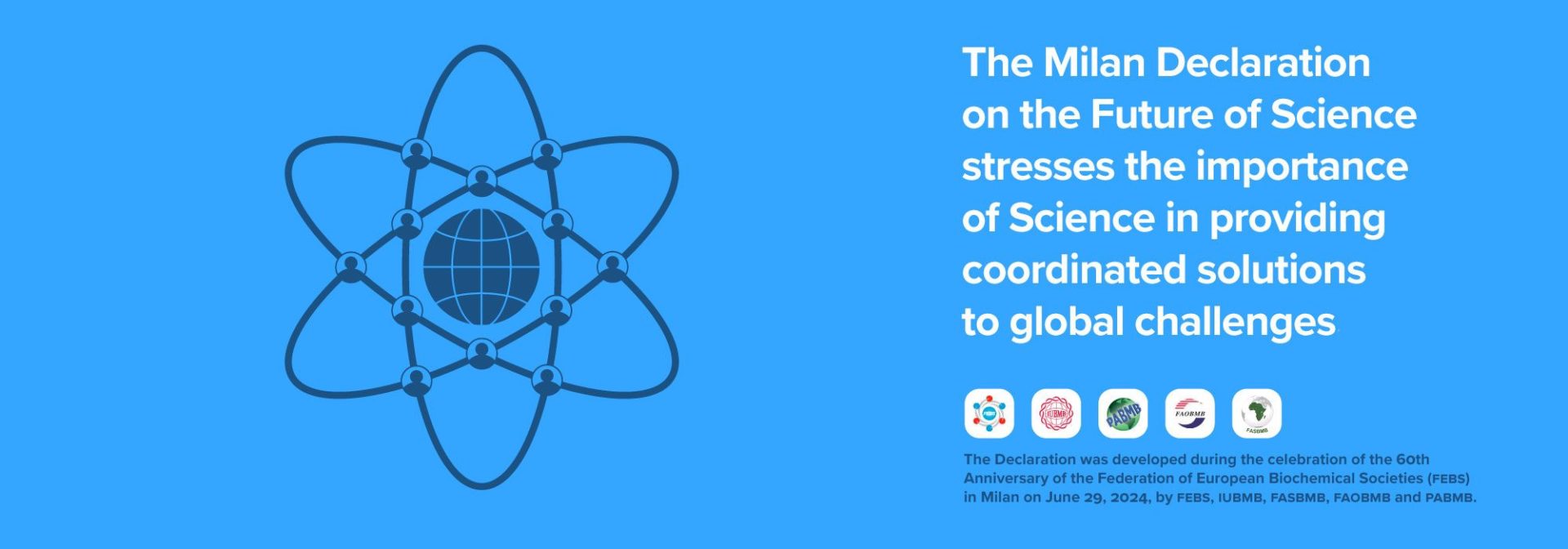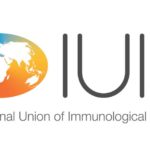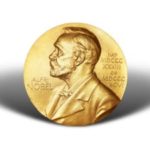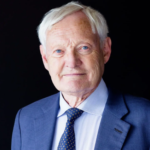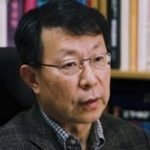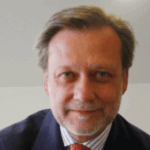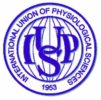The Milan Declaration on the Crucial Role of Science in meeting Global Challenges
The Milan Declaration on the Crucial Role of Science in meeting Global Challenges stresses the importance of Science and Scientific Research in providing coordinated solutions to global problems and challenges. The Declaration was developed during the celebration of the 60th Anniversary of the Federation of European Biochemical Societies (FEBS) in Milan on June 29, 2024, by the undersigned organizations’ representatives.
“We agree that emphasizing the crucial role of Science in the evolving geopolitical landscape and developments is of utmost importance.
The various global challenges encountered by all countries necessitate prioritizing a seamless and genuine global scientific collaboration that is devoid of bias and prejudice. There is an increasing urgency to strengthen Science ethically and financially and to reaffirm our dedication to enduring values such as peace, freedom, security, human dignity, sustainable development, environmental protection, scientific and technological progress, as well as the fight against social exclusion and discrimination.
Science provides the necessary framework for breakthroughs not only in basic research but also in medicine and health care, ecological conservation, sustainable food production, advancements in technology, digital transformation, and digitalization, thereby driving economic growth and societal well-being. By leveraging scientific advancements, we can address pressing challenges such as health and socioeconomic disparities, understanding of healthy aging, demographic problems and safety at work, disease and new diseases, environmental sustainability, pollution, food security and biosafety, and sustainability of natural resources.
Science plays a crucial role in not only advancing knowledge, technologies, and innovation, but also in fostering self-sufficiency, self-sustainability, and worldwide prosperity through scientific research, mobility of researchers and professionals, knowledge diffusion, and networking, ultimately contributing to a brighter future by nurturing diversity, culture, creativity, and a more inclusive global society.
We thus urge global leaders and policymakers to:
1. Unite with us in our dedication to fostering and enhancing Science as a cornerstone of global collaboration and strengthening civil society’s engagement and trust in Science.
2. Increase investments in excellence in Science, researchers’ mobility, diversity, and inclusion.
3. Facilitate the dialogue between scientific disciplines, encourage the emergence of new scientific fields, and, ultimately, attract young people to Science.
4. Promote the widespread support for freedom of scientific enquiry, collaboration, openness, equity, ethics, and Science communication.We encourage all individuals, organizations, educational institutions, and other entities interested in emphasizing Science’s crucial role in evolving global developments and the transformative power of Science, to sign the Milan Declaration on the Crucial Role of Science in meeting Global Challenges.”
The undersigned organizations’ representatives:
Miguel A. De la Rosa – FEBS Secretary General – Federation of European Biochemical Societies
Alexandra Newton – IUBMB President – International Union of Biochemistry and Molecular Biology
Joon Kim – FAOBMB President – Federation of Asian and Oceanian Biochemists and Molecular Biologists
Lawal Bilbis – FASBMB President – Federation of African Societies of Biochemistry and Molecular Biology
José Sotelo – PABMB Chairman – Pan-American Association for Biochemistry and Molecular Biology
Sign the declaration
We have already signed
Why I signed
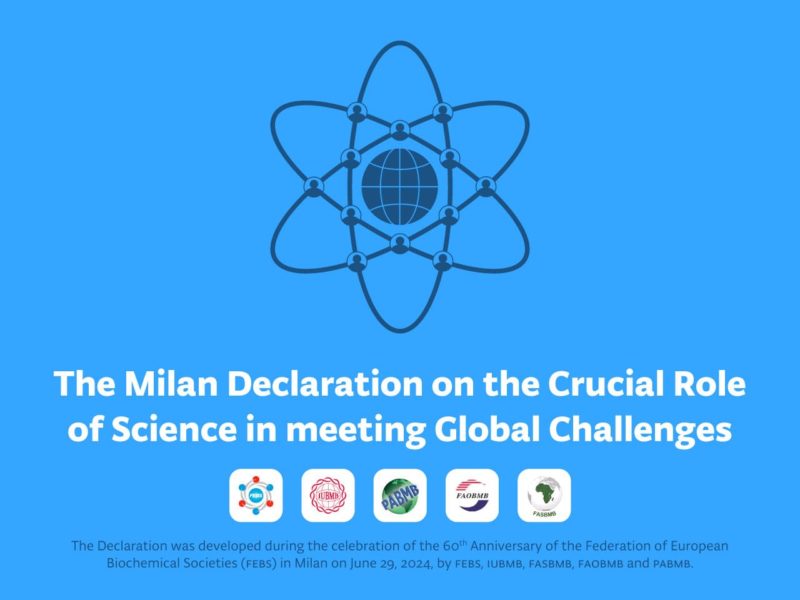
Mission
Scientists and citizens stand up for leveraging Science in solving global challenges.
Unite with us in our dedication to fostering and enhancing Science as a cornerstone of global collaboration and strengthening civil society’s engagement and trust in Science.
The Mission of the Milan Declaration on the Crucial Role of Science in meeting Global Challenges is:
- to emphasize the vital role of Science in addressing global challenges and fostering sustainable development through ethical, inclusive, and unbiased collaboration.
- to unite scientists and citizens in harnessing Science’s transformative power to drive societal progress and build a more prosperous, inclusive, and sustainable future for all.
- to inspire investments in scientific research, advocate for freedom of research and interdisciplinary innovation, and reaffirm core values such as peace, equity, and human dignity.
Contact us
For any comments, inquiries or requests, please reach out to Ms. Lia (Evangelia) Gkasouka at [email protected]
